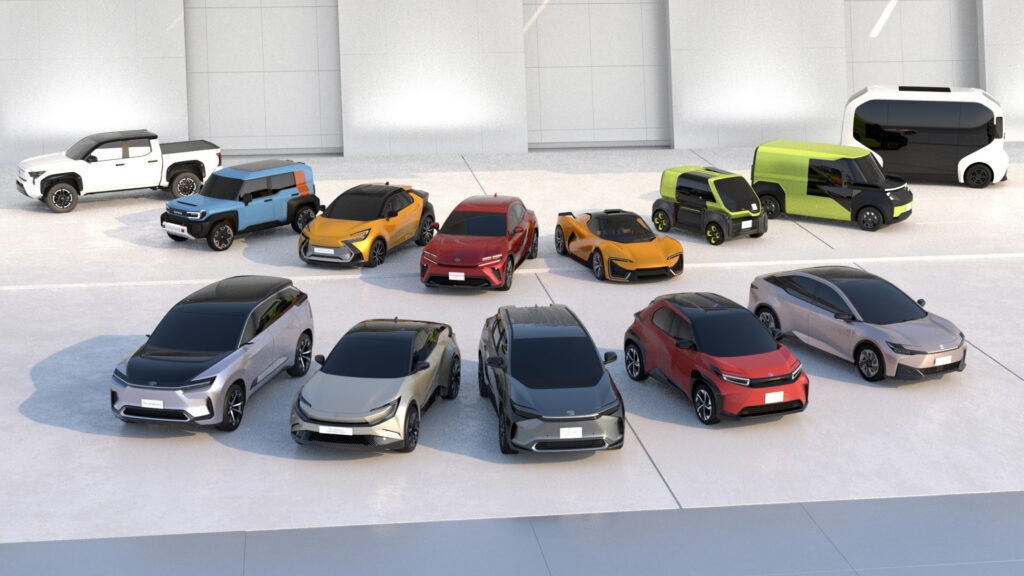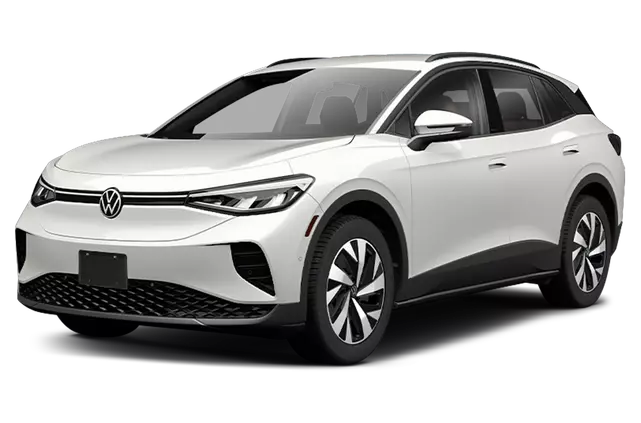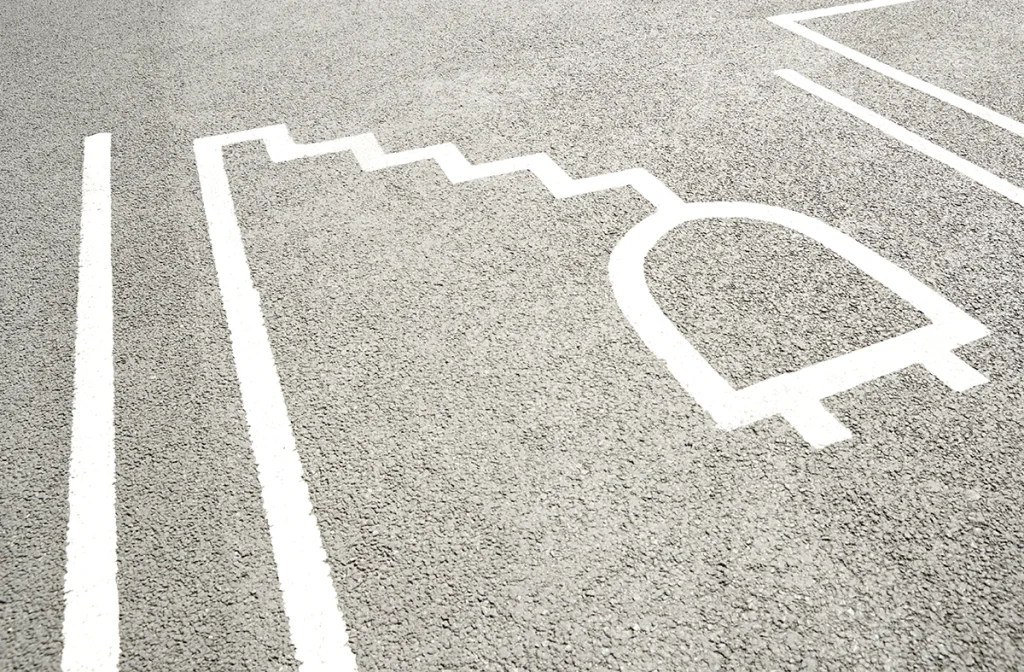Toyota has long been a leader in hybrid technology with their successful Prius model. However, the company has been relatively cautious about fully embracing electric vehicles. While it introduced its first battery-powered model, the bZ4X, last year, it hasn’t made significant waves in the market. However, the Japanese automaker is now setting its sights on ambitious EV targets.
Featured Image source: cimg1.ibsrv
In March, Toyota announced its commitment to advancing electrification, advanced battery technologies, software-based vehicles, and streamlined manufacturing efficiencies. In pursuit of these objectives, the company redirected over half of its research and development staff and budgets.
According to Automotive News, Toyota plans to achieve 600,000 EV sales by 2025, followed by 1.5 million EVs by 2026 and an ambitious 3.5 million by 2030. If successful, Toyota could surpass Tesla’s EV sales within three years, with electric models accounting for a third of its annual sales of 9 million vehicles by the end of the decade. However, the company has a long way to go to catch up. In 2022, Toyota sold fewer than 25,000 EVs worldwide, including its Lexus brand.
To address this gap, the company aims to increase EV production, targeting around 150,000 vehicles in 2023 and gradually ramping up to the range of 190,000 vehicles next year. Despite these efforts, the company reported selling only 53,587 fully electric models in the first half of 2023, representing less than one percent of its total sales of 5.8 million cars during that period.
Toyota To Increase EV Battery Production
In response to these challenges, Toyota plans to intensify the production of its battery-powered vehicles in the coming years. The company has also teased several EV concept cars, including a modern-day FJ Cruiser, signaling its commitment to electric mobility. By introducing compelling EV models, it aims to dispel doubts about its dedication to electric cars.
Toyota’s forthcoming battery electric vehicles (BEVs) are expected to boast advanced battery systems to achieve driving ranges of 1,000 km (621 miles) or more. The automaker is also determined to reduce battery costs by 20% compared to its current Toyota bZ4X EV battery pack, which powers its debut electric SUV.
In line with its corporate initiatives, the company aims to enhance the energy density of its existing lithium-ion batteries and ultimately introduce high-performance solid-state batteries that eliminate the need for liquid electrolytes. It has set ambitious charging time targets of 10-20 minutes for its future EVs.
These strategic moves by Toyota highlight their unwavering dedication to pushing the boundaries of electric vehicle technology. By aiming for extended ranges, cost efficiencies, and faster charging capabilities, Toyota is poised to play a pivotal role in shaping the future of electric mobility.


